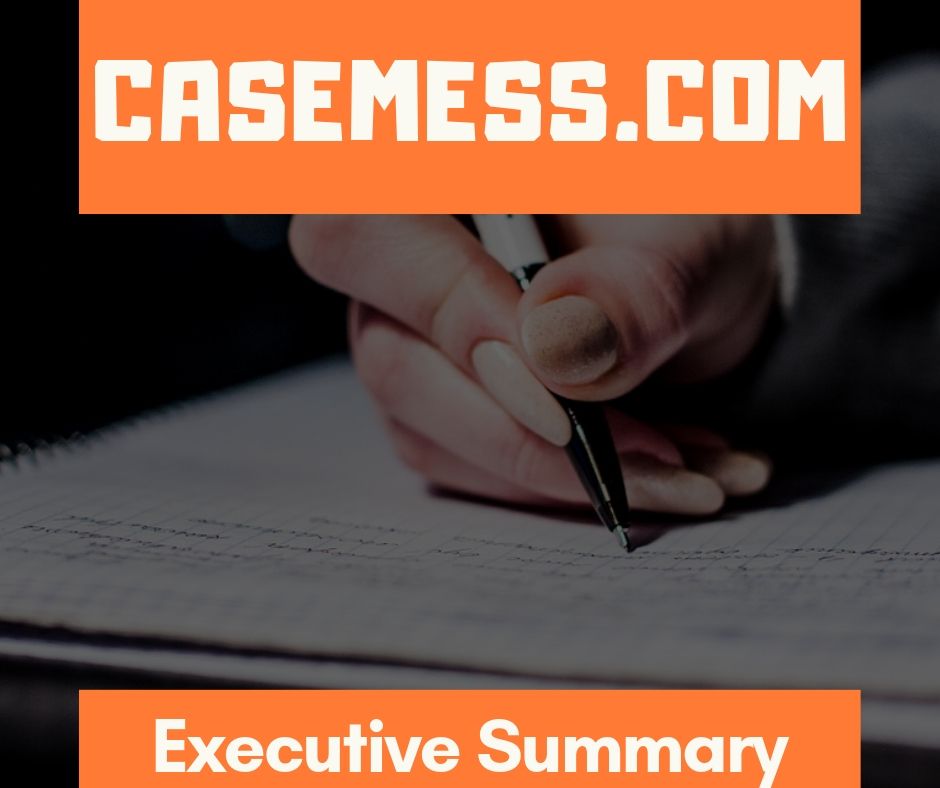Executive Summary of Ceo As Organizational Architect An Interview With Xeroxs Paul Allaire Case Study Help
Home >> Darden >> Ceo As Organizational Architect An Interview With Xeroxs Paul Allaire >> Executive Summary
Executive Summary of Ceo As Organizational Architect An Interview With Xeroxs Paul Allaire Case Help
A key symbol for power and economic strength-- American industrialism of extraordinary performance and wealth, the strength of building a nation which is in recent times the resentment of the globe. To some level, the capitalism is a term of opprobrium which represents the persecution of small modest companies through ruthless prodigious monopolies; while, near others considers it as a hope that represents males's flexibility in order to form their own fates of economy.
 According to Charles Fishman, Ceo As Organizational Architect An Interview With Xeroxs Paul Allaire Case Executive Summary is a colossal story of success in America as transformative and a secret force in the economy of America. The Ceo As Organizational Architect An Interview With Xeroxs Paul Allaire Case Executive Summary Effect and a Good Society elaborates the mega corporation's actions and bring the impact of their favorable and negative actions mostly on stakeholders. An idea has been promoted by the authors that if Ceo As Organizational Architect An Interview With Xeroxs Paul Allaire Case Executive Summary and other mega corporations fulfill the expectations of civil society in the matter of social well-being, security, health and the environment might work as a role model for moving the way organisation has actually been done in the worldwide market i.e. to do well-- certainly, to do much better-- by doing excellent.
According to Charles Fishman, Ceo As Organizational Architect An Interview With Xeroxs Paul Allaire Case Executive Summary is a colossal story of success in America as transformative and a secret force in the economy of America. The Ceo As Organizational Architect An Interview With Xeroxs Paul Allaire Case Executive Summary Effect and a Good Society elaborates the mega corporation's actions and bring the impact of their favorable and negative actions mostly on stakeholders. An idea has been promoted by the authors that if Ceo As Organizational Architect An Interview With Xeroxs Paul Allaire Case Executive Summary and other mega corporations fulfill the expectations of civil society in the matter of social well-being, security, health and the environment might work as a role model for moving the way organisation has actually been done in the worldwide market i.e. to do well-- certainly, to do much better-- by doing excellent.
Citation of Ceo As Organizational Architect An Interview With Xeroxs Paul Allaire Case Executive Summary as the epitome of capitalism in America includes utilization of certain examples together with impressive realities and data for fuelling a fascinating yet alluring question--" How do we ensure that American capitalism creates a good society for everybody in the period ahead?"
It is somehow thought about important for the facility of what H. Lee Scott get away from throughout his usage of term a decent society. Rather, a reputable thought school would potentially explains a good society as a civilization i.e. characterized through a jet set quality with superior power of purchasing and ideal conditions of economy which were initiated through the organizations that are successful in sustainability by showing excellent requirements of ethics and consistent going beyond the CSR (Corporate Social Duty) limits to provide advantage to their communities at local level. As an illustration, this kind of society would concurrently thought to be balanced, progressive, efficient, competitive and devoid of social evils.
The society's stalwarts in spite of the fact that push for constant growth and advancement is expected to highly promote the welfare of community. Organisation organizations in such type of societies are subjected to strenuous measures of business governance.
 Considering above pointed out example of an ideal society, it appears relatable for measurement where there is a contrast of modern day in society of United States of America. The thing which is concerned to be more confusing is based on the economy of commercialism consisting of individuals who are responsible to make choices on their own and have the right to handle basic resources required in efficiency and that in contradiction are the choices which are followed to in a grander strategy made under the organizational kinds of non-capitalists by the government.
Considering above pointed out example of an ideal society, it appears relatable for measurement where there is a contrast of modern day in society of United States of America. The thing which is concerned to be more confusing is based on the economy of commercialism consisting of individuals who are responsible to make choices on their own and have the right to handle basic resources required in efficiency and that in contradiction are the choices which are followed to in a grander strategy made under the organizational kinds of non-capitalists by the government.
Individuals as customers have the ability to make choices which undoubtedly favour such companies in making them monopolistic in nature in a reliable manner as seen in Ceo As Organizational Architect An Interview With Xeroxs Paul Allaire Case Executive Summary's case. Nevertheless, such real monopolist nature can not be found in the landscape of competitive commercialism. Because, it is mainly governed under supply and demand of the laws, it is for that reason impossible that companies have the ability to grow at larger scale and exertion of ruthless pressure on more organization with frustrating consequences. For the case in point, the possibility of driving them towards establishment to whatever conditions they are facing to please their providers, maintaining regards to confidentiality or power exertion of imbalanced bargaining. These all actions are in contradiction with the commercialism laws of America.
The question is how come this matter can be solved for guaranteeing that for society the advantages are developed through commercialism while keeping checks of its unfavorable impact? In effect, the legal system of America failed in recognition of companies that might show prospective development enough for supremacy of economy itself.
The other more fragile significance to ensure that conformity of mega-corporations using capitalistic approach thinking about ethical requirements put forth by the government. The ethical requirements are built on the facilities of principles that is an important concern under taking all societies in addition to large organizations who have the duty of preserving high ethics of standards in their operations of organisation. Basically, this ideology is based upon structure expectations in between stakeholders in the society following ethical standards for service and promoting that abiding through those practices improving the profitability of organization. The capitalism approval is the best system of economy and the reward of larger profit compelling mega-corporations to comply.
The approach of an organization for its stakeholders is considered as a substantial aspect in such struggle. Historically, the requirement of mind-set was to get to the top of the big organizations that has actually run counter for perspective adoption of stakeholder in the value creation procedure. The requirement of big companies to catch sustainable value at present to see value of stakeholders is important for the organizational growth. Power of stakeholders is now believed be a reality in the environment of organisation at global level. Business leaders who tempt to fail for adoption of new risk of mind-set put their corporations and careers in risk. Therefore, it is essential for leaders of mega corporation in new age to understand the difference between old and brand-new mind-set of stakeholder's worth and its effects on their business for initiation of a requisite course of action.
Conclusively, the problem of public law require government intervention. Moderately, the tightening up of laws of anti-trust is imminent but furthermore the lack of details is offered to individuals about present big capitalistic mega-corporations tend to be a significant issue that needs to be addressed with abrupt impact. Application of these actions will serve as the nascent measures followed to ensure that industrialism in America produces a good society for all in upcoming era.
